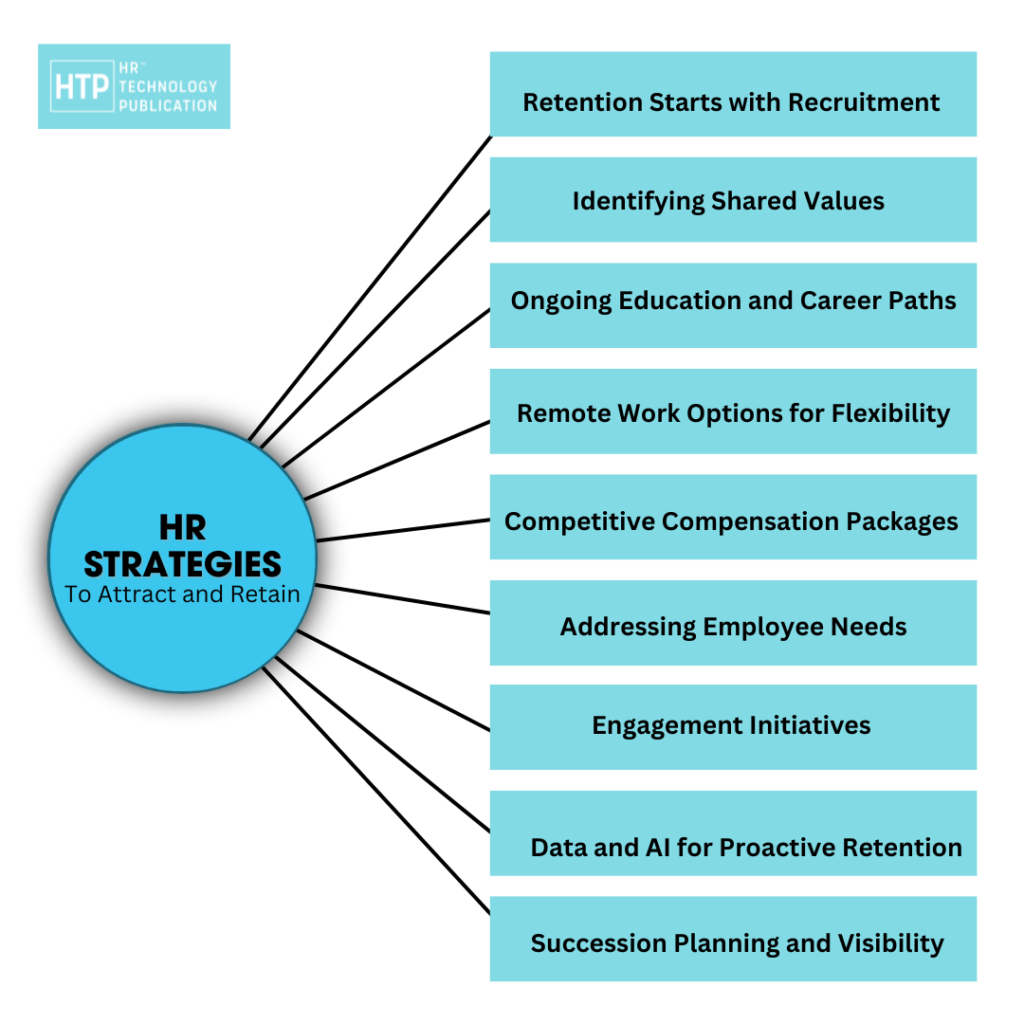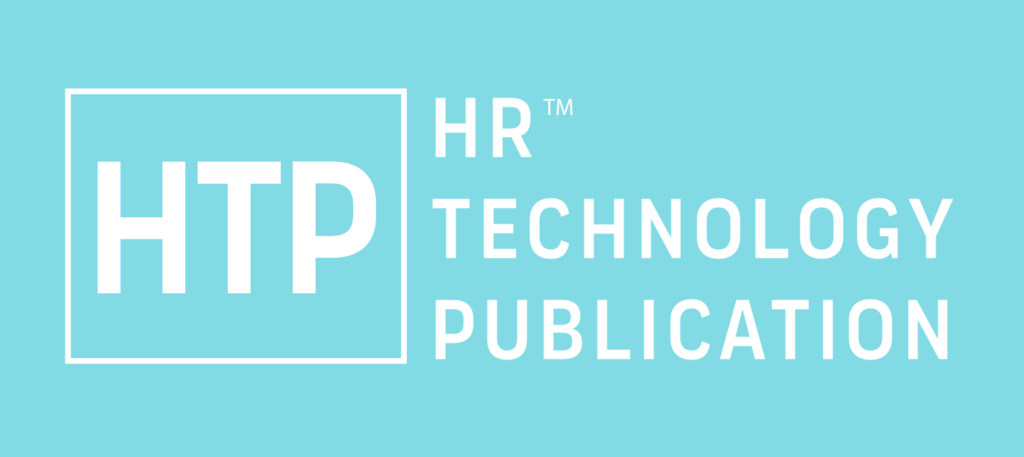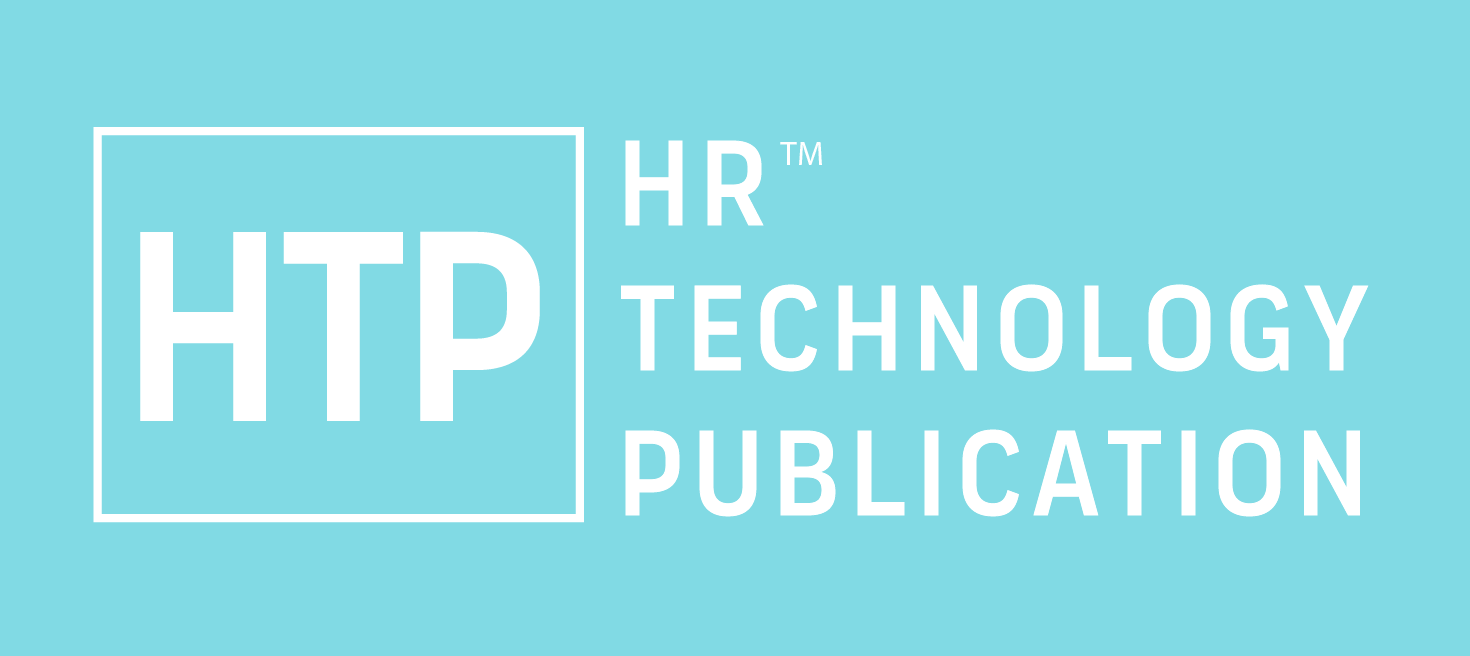Employee retention is pivotal for a stable and productive workforce. In the competitive IT landscape, where talent gaps persist, organizations must prioritize retention strategies. The key lies not just in recruitment but in creating a culture that fosters loyalty, engagement, and professional growth.
Strategic HR Approaches for Talent Retention in the IT Sector
Employee retention is paramount for fostering a stable and productive workforce in the competitive IT industry. A comprehensive approach to talent retention begins with recruitment, emphasizing cultural fit and strategic alignment. It goes beyond surface evaluations to identify candidates with a proven history of loyalty and commitment, delving into indicators like long tenures at previous jobs, and offering a nuanced understanding of a candidate’s track record.

1. Retention Starts with Recruitment
To holistically retain talent, the journey starts with recruitment. Prioritizing cultural fit and strategic alignment is crucial, necessitating a deeper evaluation beyond surface qualifications. Identifying candidates with a proven history of loyalty and commitment becomes paramount, moving beyond resume scrutiny. Indicators such as extended tenures at previous positions take precedence, underscoring the significance of thoroughly assessing a candidate’s track record. This approach ensures a comprehensive understanding during the recruitment phase, laying the foundation for a strategic talent retention strategy.
2. Identifying Shared Values
Employees thrive when their values align with the organization’s. Recruitment gains significance as emphasis on shared vision and mission becomes pivotal. Candidates resonating with the organizational story contribute to long-term success, fostering a connection beyond professional duties. This alignment creates an environment where individuals are more likely to stay committed and engaged, enhancing the overall stability and success of the company.
3. Ongoing Education and Career Paths
Providing personalized professional development opportunities is pivotal for retaining employees. Recognizing individual strengths and aligning goals with career aspirations, particularly catering to the preferences of Millennials and GenZers who prioritize continuous career development, significantly boosts retention. In fostering an environment where employees feel their growth is valued, organizations create a conducive space for long-term commitment. Tailoring developmental initiatives to meet the unique needs of each employee not only enhances their job satisfaction but also reinforces their connection to the company’s success. In today’s competitive job market, investing in the personal and professional growth of employees is a strategic approach that pays dividends by fostering loyalty and commitment.
4. Remote Work Options for Flexibility
In today’s landscape of prevalent remote work, flexibility emerges as a critical element for talent retention. Providing remote work options not only meets evolving workforce expectations but also enhances organizational adaptability. Companies prioritizing flexibility in work arrangements distinguish themselves as highly appealing employers in the contemporary job market. Recognizing the shifting dynamics of work preferences, the embrace of remote work reflects a commitment to accommodating employees’ needs.
This strategic approach positions businesses to attract and retain top talent, acknowledging the importance of work-life balance and contributing to a positive employer brand. As the professional landscape continues to evolve, organizations that champion flexibility demonstrate a forward-thinking mindset, aligning with the desires and expectations of the modern workforce.
5. Competitive Compensation Packages
In a fiercely competitive job market, competitive salaries are instrumental in both attracting and retaining top-tier talent. Regularly assessing and adjusting existing employees’ pay is essential to maintain fairness and equity, preventing dissatisfaction and potential turnover. Compensation considerations, when integrated with a comprehensive retention strategy, significantly enhance overall employee satisfaction. Recognizing the pivotal role that salaries play in the talent landscape, organizations must remain agile and responsive, aligning pay structures with industry standards to create an environment where employees feel fairly compensated. This proactive approach to compensation management is a key component in fostering a positive work culture and ensuring that employees remain engaged and motivated in their roles, ultimately contributing to long-term retention success.
6. Addressing Employee Needs
Understanding and meeting employee expectations are fundamental to retention. Providing flexibility, benefits, financial stability, and engaging projects contribute to employee satisfaction. Acknowledging the multidimensional nature of individuals and supporting their holistic needs, both personal and professional, fosters a work environment conducive to long-term commitment.
7. Engagement Initiatives
Fostering engagement is an ongoing process that involves regular communication, ‘state of the business’ meetings, and stay interviews. Connecting with employees to update them on organizational directions, addressing concerns, and making them feel like valued partners in the company’s journey contributes to a positive workplace culture.
8. Data and AI for Proactive Retention
Leveraging employee data and AI is a proactive approach to identifying potential turnover risks. Analyzing patterns challenges conventional wisdom, ensuring that retention strategies align with actual employee needs. Understanding factors like bonus payments, commute times, and other internal processes helps organizations address issues before they lead to attrition.
9. Succession Planning and Visibility
Being prepared for inevitable turnover is a strategic move, especially for high-demand roles. Implementing succession planning ensures a smooth transition, and maintaining a high profile in universities and professional organizations attracts top talent. Visibility as an employer of choice enhances the organization’s appeal, contributing to sustained success.” Double the wordcount
Conclusion
Effective talent retention in the IT sector necessitates a multifaceted strategy that encompasses every stage of the employee lifecycle. Organizations that prioritize cultural alignment, ongoing development, flexibility, competitive compensation, holistic support, engagement, data-driven insights, and succession planning are better positioned to retain top talent in the competitive and dynamic IT landscape.
In the competitive realm of IT, where retaining top talent is as crucial as recruiting, adopting these strategic HR approaches ensures organizational stability, fosters a positive work environment, and positions companies as employers of choice. Continuous efforts in talent retention not only save costs but also contribute to sustained business success.




